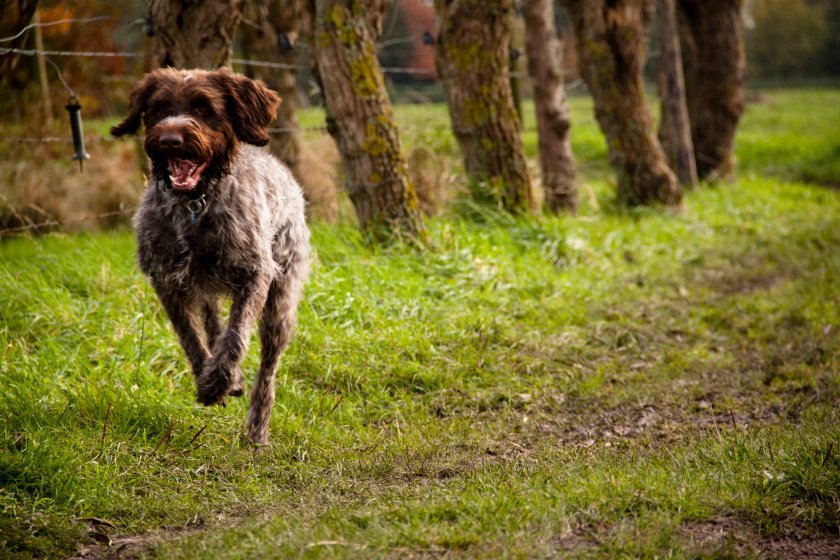
The sheep sector has welcomed steps taken toward tougher punishments for the crime of livestock worrying by dogs.
Following updated legislation, the police will now be given greater powers to respond to dog attacks on sheep and cattle more effectively.
The Dogs (Protection of Livestock) (Amendment) Bill's aim is to make it easier for them to collect evidence and, in the most serious cases, seize and detain dogs.
Responding to it, the National Sheep Association (NSA) said sheep worrying by dogs had a devastating impact on livestock across the country.
The body said it was 'fantastic news' that the updated Bill had been approved as it would help increase powers to protect livestock.
Since the original 1953 Act was brought in, the number of livestock in England and Wales has doubled with more people visiting the countryside.
This has highlighted the need for an updated piece of legislation, something the NSA and other bodies have campaigned for for years.
NSA chief executive, Phil Stocker said: "The Bill addresses issues identified with a lack of police powers, relating to gaining evidence, detaining, and gaining entry to property where responsible dog owners and their animals reside.
"The Bill will include also extending the landscape covered where attacks on livestock can be considered a crime to include roads and paths.”
The NSA’s own work to highlight the issue has demonstrated the incidence and severity of sheep worrying by dogs cases across the country.
Cases have reportedly increased year on year, particularly following the Covid periods of lockdown and subsequent increase in dog ownership.
NSA project manager, Nicola Noble said the Bill won’t be an immediate fix for resolving the problem, but will provide the police with more powers.
She said: “As UK farmers we work to some of the highest standards of health and welfare, and are bound by rules and regulations to ensure standards are maintained.
"What’s most frustrating is all our hard work, time and investment can be undone in one irresponsible action, completely out of our control."
While news of improved police powers was welcomed by the sector, Mr Stocker said it did not go far enough to act as a serious deterrent to irresponsible dog owners.
He concluded: “Despite this welcome news it is still very disappointing that there is no significant strengthening in the financial penalty or criminal penalty for offences.”
